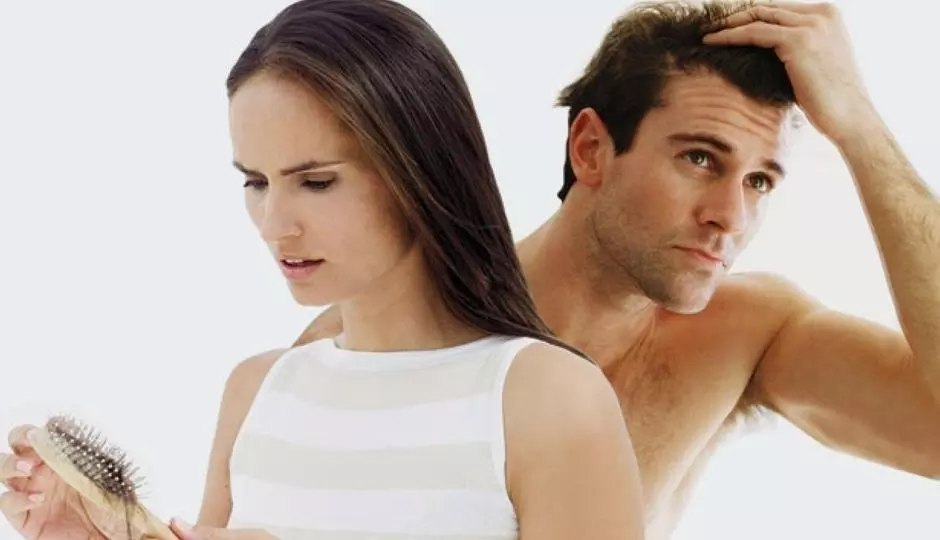Your hair isn't as thick as it used to be. You've chalked it up to being older. On the other hand, you wish there was something you could do to get back the thick hair you once had. Can something as simple as taking a few supplements really help you, though? Supplements, in their purest forms, are a type of nutrition. They provide your body with the substances it needs - vitamins, minerals, and other nutrients - that you are not getting. In some cases, the use of supplements can help to restore health hair growth. Whether or not this works for you depends on a number of factors.
When Will Supplements Work?
The most important factor to remember is that using supplements for hair loss is only going to be effective if and when a lack of nutrients is the cause of your hair loss. However, this is one of the most common reasons for thinning hair! For example, if your body is not getting the right amount of nutrients, your hormone levels will be off. As a direct result of that, your hair may not grow the way it should. Another example is medication. If you are taking a medication that is suppressing nutrient intake, this can impact the amount of nutrients getting to your body's hair follicles. This, then, limits hair growth.
When you can pinpoint what that loss is and then take supplements for that loss, you may be able to see improvement in your hair growth and development. Is this something that could work for you? To know this, your first step should be to your doctor. Your doctor should help you to determine what is behind your hair loss. In some cases, such as factors related to genetics, supplements alone are not going to be enough to restore your hair loss. Additionally, if there is another factor causing your hair loss, such as high stress levels, that, too may limit your success.
What Supplements Are Going to Give You the Best Outcome?
One of the best steps to take is to improve your diet. The more variety, nutrient combinations, and vibrant colors you add to your diet, the more you'll limit the need for supplements. However, even on a diet that is rich in whole grains and vegetables, it can still be taxing and limiting to the person who needs more nutrition to stimulate hair growth. In those cases, consider adding the following types of supplements to your daily intake (following your doctor's guidelines for how much to take):
- Biotin: This is a type of B-complex vitamin that is very important to improving the protein elements of your hair. It can help to strengthen the hair you have, giving you a much more thick head of hair.
- Vitamin A: Vitamin A works to produce sebum. This is a natural type of oil that occurs in your hair. It helps to add strength and limit breakage, a common problem for those who have thin hair.
- Vitamin C: Also important to the production of sebum, it can help to strengthen your hair as well. It also works to flush out free radicals from your skin cells and aids in improving overall cell health.
- Flax-Seed Oil: Not only is this a heart healthy investment, but it is also an excellent tool for improving hair follicle health. That's because it contains omega-3 fatty acids. These help to encourage your hair to maintain moisture and to produce that all important sebum.
- Folic Acid: Another additive to your diet is folic acid. It is also known as B9. This particular nutrient works to encourage tissue to grow, or in regrowth. It also works to improve circulation. This means that more oxygen and nutrients are getting to your hair follicles stimulating them to grow.
If you are unsure if supplements will help your hair growth, take the time to talk to your doctor about the underlying cause of your hair thinning. In many situations, improving your diet can help. However, supplements are generally good for you, even if you take a basic multi vitamin from a reliable company. This means that, overall, supplements have the ability to help and are unlikely to do harm.
Contact the hair specialists at Unique Hair Concepts to learn more.






